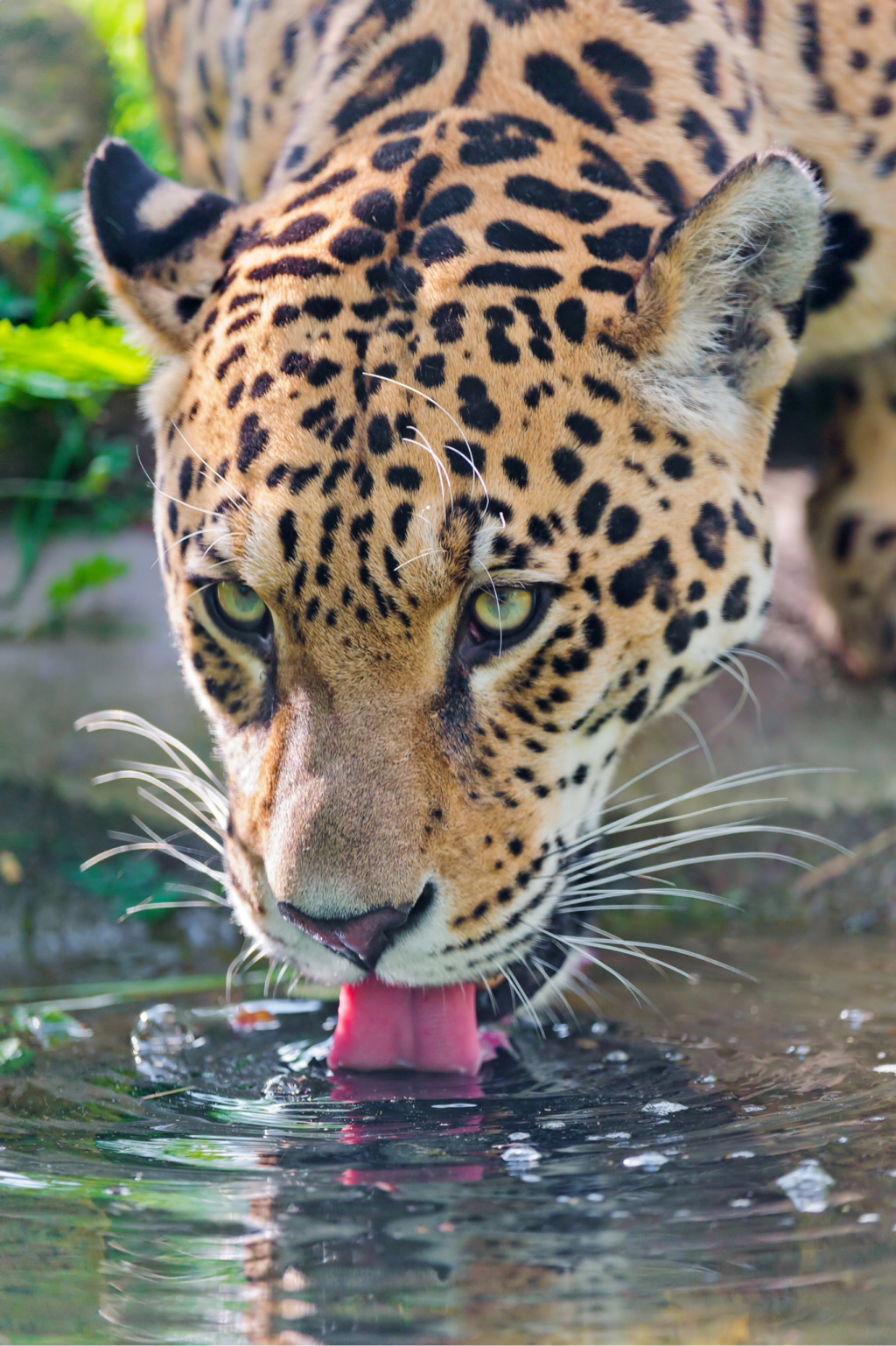Are Jaguars Bad?

Introduction
Jaguars are often misunderstood creatures, wrapped in myths and misconceptions that paint them in a negative light. As the largest big cats in the Americas, these majestic animals play a crucial role in their ecosystems. However, the question arises: are jaguars bad? This article will delve into the realities of jaguar behavior, their ecological importance, and the myths that contribute to their negative perception. By exploring these facets, we aim to provide a comprehensive understanding of jaguars and their role in nature.
The Role of Jaguars in Ecosystems
Ecological Importance
Jaguars are apex predators, meaning they are at the top of the food chain. Their presence is vital for maintaining the balance of their ecosystems. Here are a few key points about their ecological role:
- Population Control: By preying on herbivores, jaguars help regulate animal populations, preventing overgrazing and promoting biodiversity.
- Habitat Preservation: Their hunting habits influence the distribution of prey species, which in turn affects the vegetation and overall health of their habitats.
- Indicator Species: As apex predators, jaguars serve as indicators of ecosystem health. A stable jaguar population often signifies a thriving environment.
Myths and Misconceptions
Despite their ecological importance, jaguars are often viewed negatively. Let’s address some common misconceptions:
- Aggressiveness: Many believe that jaguars are inherently aggressive towards humans. In reality, jaguars are elusive and tend to avoid human interaction. Most encounters occur due to habitat encroachment.
- Dangerous Pets: Some people romanticize owning exotic animals, including jaguars. However, they are wild animals with complex needs that cannot be met in captivity, leading to potential danger for both the animal and humans.
Understanding Jaguar Behavior
Natural Instincts
Jaguars are solitary animals with distinct behaviors that contribute to their survival. Here are some notable traits:
- Territorial Nature: Jaguars establish territories that they defend against intruders. This behavior is essential for their survival, ensuring access to food and mates.
- Hunting Techniques: Known for their powerful jaws and unique hunting style, jaguars often hunt alone, using stealth and strength to take down prey. Their diet includes a wide range of animals, from deer to caimans.
Human Interactions
Human activities have significantly impacted jaguar populations and their behavior:
- Habitat Loss: Deforestation and urbanization have led to habitat fragmentation, pushing jaguars into closer contact with humans. This often results in conflicts, particularly when livestock is involved.
- Conservation Efforts: Numerous organizations are working to protect jaguar habitats and promote coexistence strategies to minimize human-wildlife conflict.
The Importance of Conservation
Protecting Jaguars
Conservation efforts are crucial to ensuring the survival of jaguars in the wild. Here are some key initiatives:
- Protected Areas: Establishing wildlife reserves and national parks helps safeguard jaguar habitats and their prey.
- Community Involvement: Engaging local communities in conservation efforts fosters coexistence and reduces conflict. Education about the ecological role of jaguars can help shift perceptions.
Success Stories
Several conservation programs have shown positive results in jaguar populations:
- Jaguar Corridor: Initiatives like the Jaguar Corridor Project aim to connect fragmented habitats, allowing for safe movement between populations and reducing inbreeding.
- Community-Based Tourism: Promoting eco-tourism can provide economic incentives for local communities to protect jaguars instead of viewing them as threats.
Conclusion
In summary, the notion that jaguars are "bad" is rooted in myths and misunderstandings. These magnificent creatures are not only essential for their ecosystems but also play a vital role in maintaining biodiversity. By addressing misconceptions, promoting conservation efforts, and fostering coexistence, we can appreciate and protect jaguars rather than fear them. As stewards of the environment, it is our responsibility to ensure that these apex predators continue to thrive in the wild. Let us work together to safeguard their future and recognize their true value in our world.



Comments ()